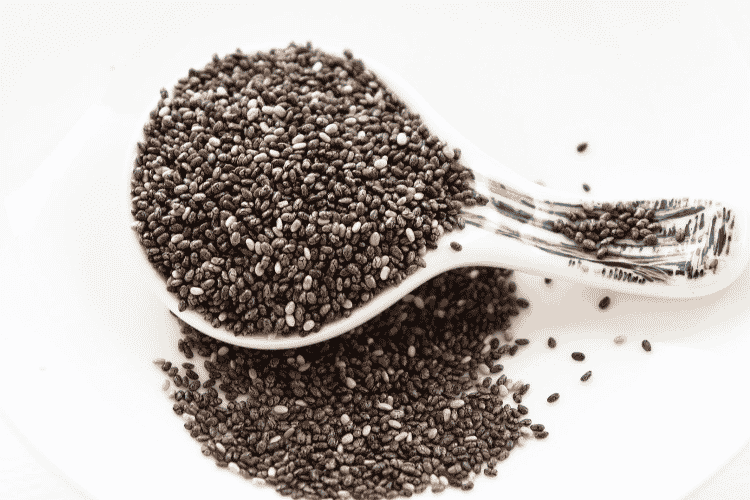
When You Have Pain All Over and You’re Falling Apart
Cindy Perlin, LCSW
Do you have pain almost everywhere? Have you also been diagnosed with diabetes, heart disease, cancer, kidney disease or have debilitating chronic fatigue? Have you had multiple joint replacements?
If your answer is yes, and you’ve been seeing a conventional primary care provider or a number of different specialists to deal with your many chronic conditions, chances are good that you are on a multitude of medications to manage your symptoms. It’s also highly probable that none of these physicians has looked for common root causes of these systemic conditions. It is likely that these medications have side effects and that you are on other medications to treat these side effects. It is also likely that you will never get better if you continue on this path.
Table of Contents
A Better Way
As I discuss in my book, The Truth About Chronic Pain Treatments: The Best and Worst Strategies for Becoming Pain-Free, you are sick for a reason. To get better, which IS possible, you need to look for the cause(s) of your problems and treat them. The most common causes of systemic illnesses are nutritional deficiencies, chronic stress/unresolved trauma and toxic exposures. Addressing these, which conventional medicine almost never does, can restore your health, no matter how old you are or how long you’ve had the conditions.
Nutritional Deficiencies
Most Americans eat very poorly. Highly processed, “fast” foods compose a large proportion of many people’s diets. Even if you believe you eat healthily, most of our food is factory farmed and grown in soil that is depleted of critical nutrients. We usually don’t eat enough fruits and vegetables and eat too many unhealthy fats or not enough of the essential, healthy ones. Common nutritional deficiencies include magnesium, vitamin D, B vitamins and omega-3 fatty acids, all of which are required to support healthy cells, tissues and organs and to support our immune system.
The best way to address these issues is to consult a physician who practices functional or integrative medicine. Because these physicians generally spend a great deal of time with their patients working to discover the roots of the problem and educating the patient about treatment, they are usually not covered by health insurance. If finances are a problem, do your own research on the internet. One website I find particularly informative and trustworthy is www.mercola.com. Dr. Mercola also has a daily, free e-newsletter that is worth subscribing to.
Chronic Stress/Unresolved Trauma
The mind/body connection is usually ignored in conventional medicine. Chronic stress ramps up physiology in many ways that can create pain and illness (increased blood pressure, heart rate, muscle tension, respiration) and decreases many other functions (immune system activity, digestion, healing, and maintenance) that need to be optimized for good health.
One common source of unremitting stress is chronic childhood trauma. The Adverse Childhood Experiences (ACE) Study, originally published in 1998, found that the more types of adverse experiences a person had, the more they were likely to have health problems as an adult. Adverse childhood experiences studied included physical, sexual and emotional abuse, physical and emotional neglect, mother treated violently, household substance abuse, household mental illness, parental separation or divorce and incarcerated household member.
Children who grow up in these types of environments don’t feel safe and grow up to be adults with hypervigilant, over-aroused nervous systems, i.e. chronic stress. Talk therapy, the most common type of psychotherapy, including cognitive-behavioral therapy, can be helpful in providing emotional support, developing an understanding of the roots of the problem and teaching skills that can be applied to reduce stress. However, the part of the brain that stores the trauma and maintains hypervigilance cannot be reached verbally. As a result, talk therapy usually doesn’t fully solve the problem.
Look for a psychotherapist who practices EMDR or energy psychology techniques like Thought Field Therapy or Emotional Freedom Technique to address specific traumatic memories. A self-help guide to the Emotional Freedom Technique is available for free at www.emofree.com. For overall brain calming to address hypervigilance and chronic overarousal, seek out a neurofeedback therapist. Neurofeedback teaches the brain to normalize arousal and function. More information on these therapies and how they can be used for pain relief can be found in my book, The Truth About Chronic Pain Treatments: The Best and Worst Strategies for Becoming Pain-Free.
Toxic Exposures
There are many substances in our environment and in our food that can cause illness. Some people, by virtue of their genetics, are less able to eliminate toxins from their bodies and so are more vulnerable to becoming ill from exposure. Common toxins in food include artificial sweeteners like aspartame, MSG, artificial flavors, and preservatives. It’s best, for optimum health, to avoid foods with these ingredients, most of which have not been adequately tested for safety. Many people also have a sensitivity to gluten, a substance naturally found in wheat and many other grains, and benefit from eliminating it from their diet. Other toxins are found in cleaning products, so careful selection of products that include only natural ingredients is advised.
Toxic black mold is another environmental cause of widespread illness. The Stachybotrys chartarum species of mold is the dangerous kind. It can cause widespread muscle and joint pain as well as numerous other symptoms over time, including mental and neurological symptoms, respiratory symptoms, circulatory symptoms, vision and eye problems, skin problems, immune system problems, reproductive system problems, and fatigue. Mold grows in warm, dark, moist places. A common place for mold to grow is in the ceiling below a chronically leaky roof. If you suffer from many of these symptoms, have a mold abatement specialist check out your home.
The Bottom Line
If you suffer from widespread chronic pain and other illnesses, you need to get to the root of the problem if you want to get better. Pharmaceuticals, which address only symptoms, will not do the job.
Cindy Perlin is a Licensed Clinical Social Worker, certified biofeedback practitioner, chronic pain survivor, and the author of The Truth About Chronic Pain Treatments; The Best and Worst Strategies for Becoming Pain Free.







